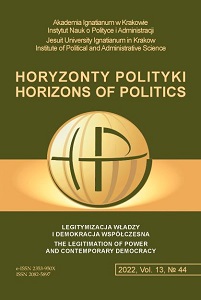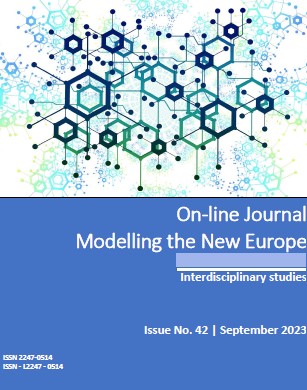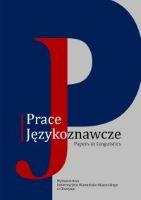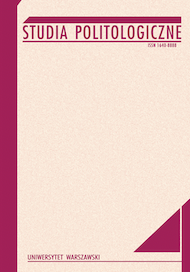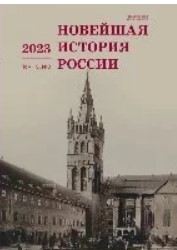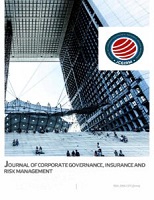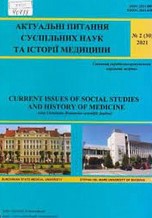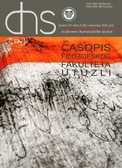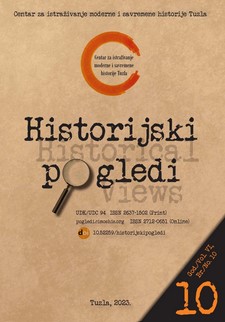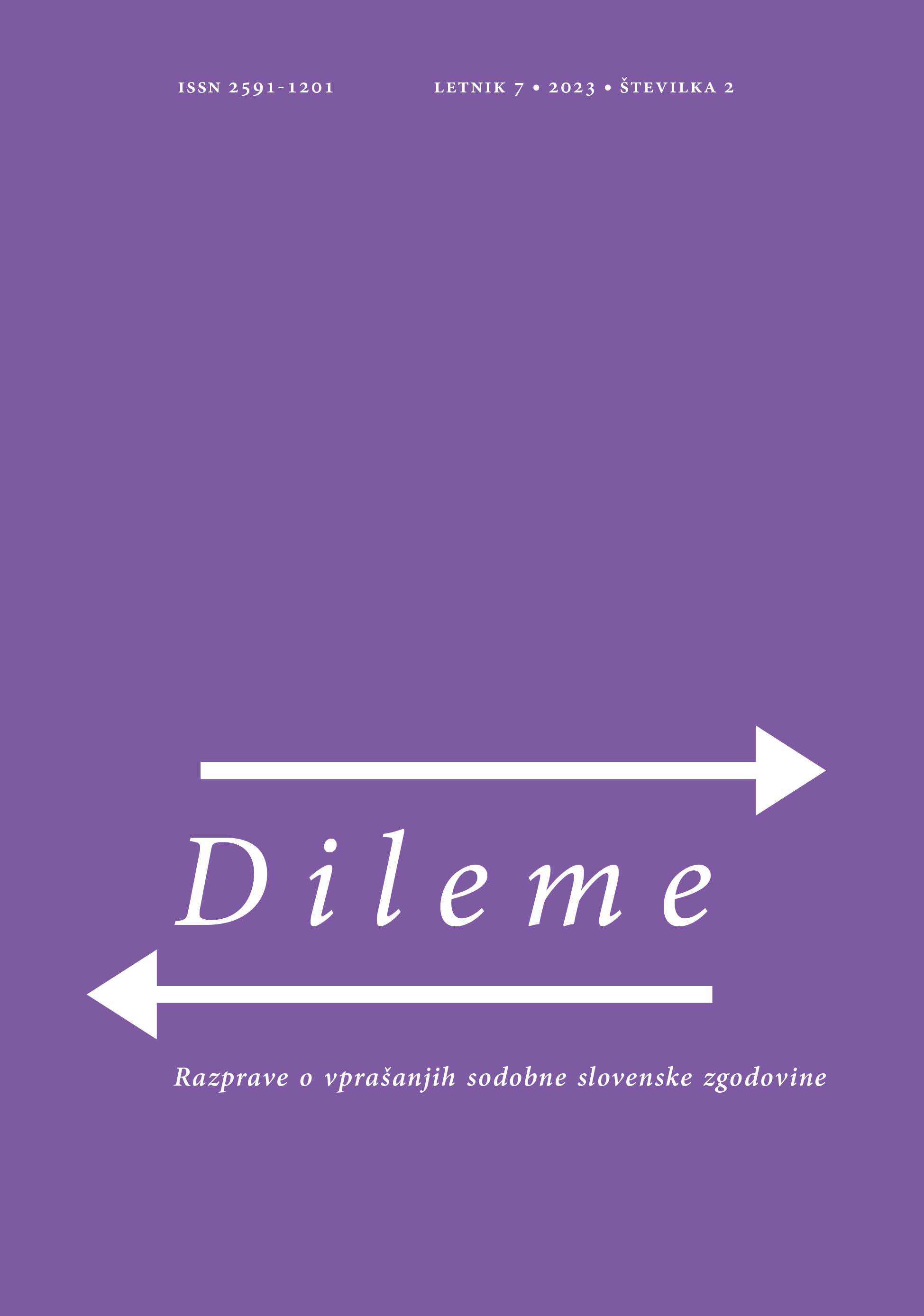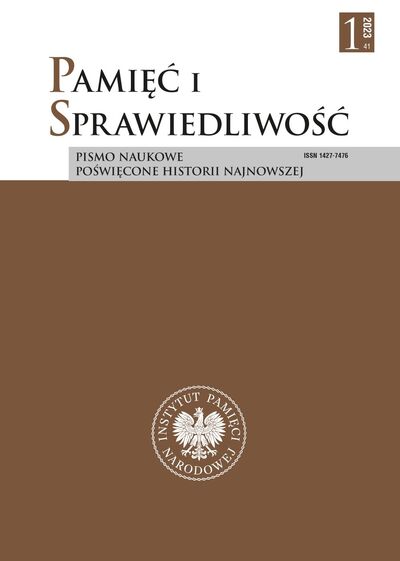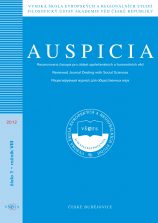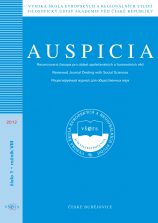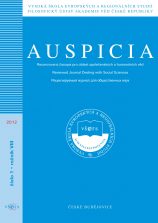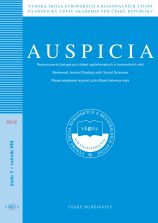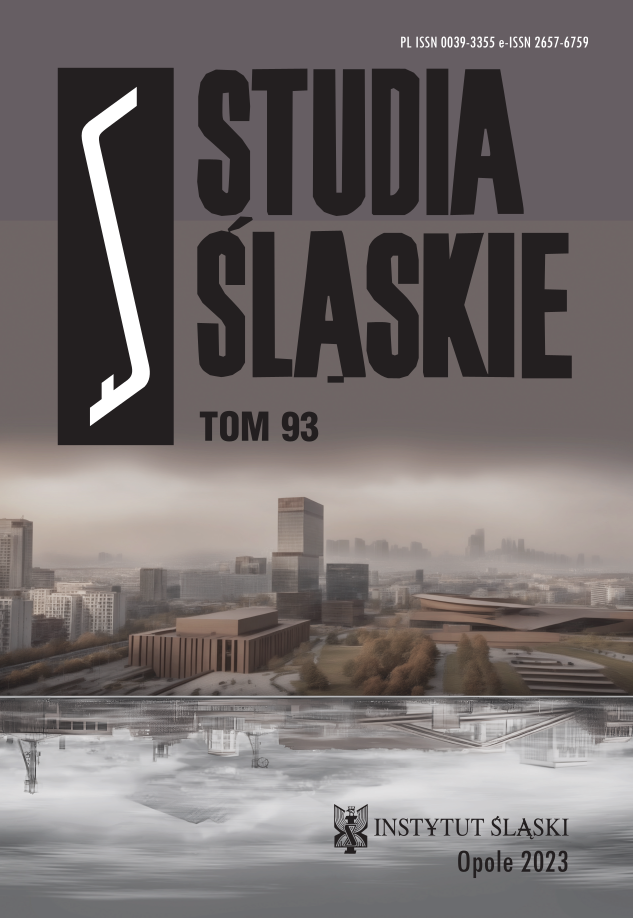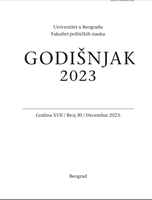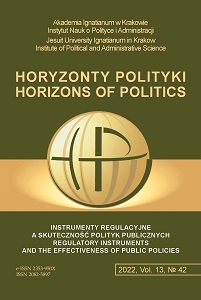
Przyczynek do analizy przejrzystości i skali outsourcingu politycznego w Polsce
RESEARCH OBJECTIVE: The main research objective of this publication is to present the transparency and scale of the political outsourcing phenomenon in Poland in the years 2007–2019. THE RESEARCH PROBLEM AND METHODS: The key problem raised in the article is the external advisory activity that supports ideologically, pro grammatically and medially political parties in the course of their current activities. In the theoretical part was used method of critical analysis of the literature. In the empirical part was analyzed available data on the website of the State Electoral Commission THE PROCESS OF ARGUMENTATION: The reasoning will be based on the presentation of definition of political outsourcing and the criterion of its ethical evaluation. Then an attempt will be focused to answer the question whether political outsourcing is transparent in Poland. Finally will be presented the expenses of Polish political parties on outsourcing activities in the years 2007–2019 RESEARCH RESULTS: The analysis has shown that consulting activity for polish political parties is conducted in not transparent conditions for a statistical voter and a researchers of this phenomenon. Generally available data contain limited information on the practical identification of entities providing this kind of activity. Simultaneously the scale of this phenomenon proved by the empirical studies was so wide that it requires further detailed research. The article is intended to be a contribution to intensify the discussion on the methods and purposes of spending parties subsidies on outsourcing services. CONCLUSIONS, INNOVATIONS, AND RECOMMENDATIONS: The conclusions contained in the article, both from the theoretical perspective and on the basis of empirical research, may be useful in the interdisciplinary discussion on the way of spending budget funds allocated to subsidize the activities of political parties in Poland. In conclusion, the authors signal the need to establish a comprehensive system of public information flow. Statistical voter-taxpayers should be able to verify the entities providing consulting services to political parties and the scope of their contracts.
More...
